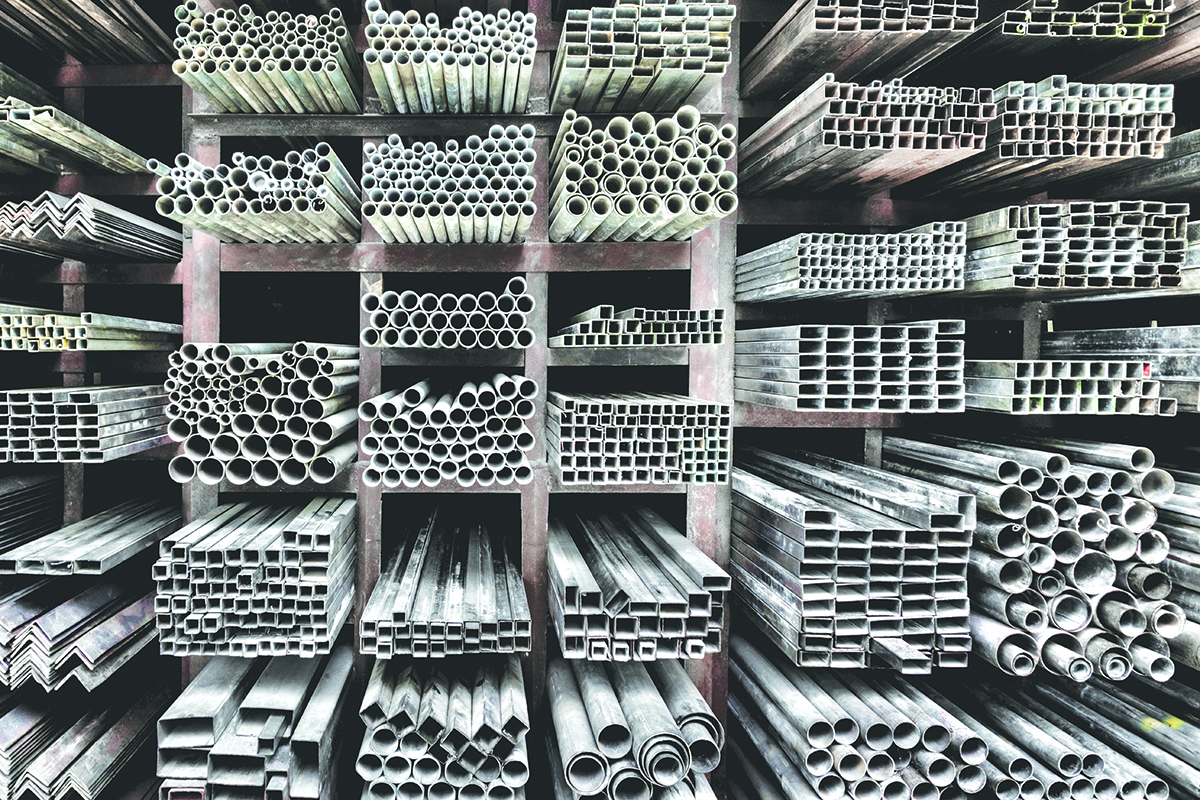The Department of Energy (DOE) announced grants for four major projects aimed at further decarbonizing aluminum operations in the United States. The awards, which total more than $650 million for aluminum, are part of the Industrial Demonstrations Program managed by DOE’s Office of Clean Energy Demonstrations (OCED). Funded by the Bipartisan Infrastructure Law and Inflation Reduction Act, the program awarded nearly $6 billion for 33 projects across multiple industrial sectors. Last year, the Aluminum Association established a program to assist members in navigating the application process for these awards.
“We are thrilled for the aluminum manufacturers that have been awarded these major investments to help accelerate industry decarbonization efforts and thank the Department of Energy for recognizing aluminum’s critical role in the clean energy transition.” said Charles Johnson, president & chief executive officer of the Aluminum Association. “Aluminum products manufactured in the U.S. are already among the cleanest in the world, and these awards provide American aluminum manufacturers a competitive advantage in the race to lead the world in low carbon manufacturing.”
Aluminum-specific projects include:
- Up to $500 million to Century Aluminum to build the first new U.S. primary aluminum smelter in 45 years.
- Up to $75 million to Constellium to deploy a zero carbon aluminum casting plant in the U.S. at its Ravenswood, West Virginia facility.
- Up to $22.3 million to Golden Aluminum to upgrade its Fort Lupton, Colorado facility using the Nexcast process to reduce natural gas consumption, improve process efficiency and recycle 15 percent more mixed-grade aluminum scrap.
- Up to $67.3 million to Real Alloy to construct the first zero waste salt slag recycling facility in the U.S. and the most energy efficient facility of its kind in Wabash, Indiana.
Already, the energy and carbon impact of aluminum production in North America has dropped to its lowest point in history, declining by more than half over the last 30 years. Aluminum is vital to the clean energy transition – making buildings greener and more durable; vehicles go farther using less energy; and packaging lighter, more efficient to ship and easier to recycle. Over the past decade, the industry has invested more than $10 billion in U.S. manufacturing including recycling operations and the first greenfield rolling mills in a generation.







